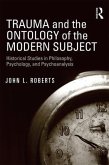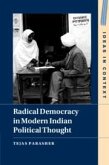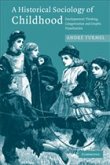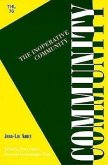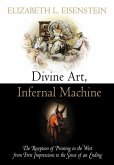Historical trauma is a relatively new yet crucial area of study within psychology, history, and related disciplines. This book introduces the concept of historical trauma by providing a comprehensive overview of the latest vocabulary, seminal psychological concepts, and quantitative research in the field. By drawing together cross-disciplinary threads and examining eight global contexts of historical trauma, the author highlights a wide-ranging and rigorous body of research that further adds to our clinical understanding of the possible long-term effects of collective trauma. The chapters also explore remedies against the historical effects of trauma, which tend to go far beyond psycho-therapeutic interventions, especially when they are dedicated to the culture of remembrance or empowerment for disadvantaged young people. By revealing a wealth of new ideas that point to a pivotal moment in the evolution of social sciences, this volume can help transform the way psychologists serve victimized communities around the world.
Bitte wählen Sie Ihr Anliegen aus.
Rechnungen
Retourenschein anfordern
Bestellstatus
Storno


